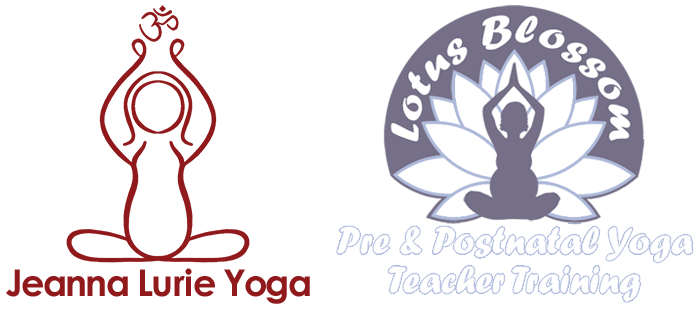Patanjali’s Yoga Sutras Make Me a Better Parent
It’s time for me to start writing about the Yoga Sutras of Patanjali. As far as I’m concerned, yoga without philosophy is not really yoga, but just a set of exercises, and frankly, it’s the philosophy that has been life changing for me, not the postures. (Although, in all fairness, the postures have been an integral way of practicing the teachings of the sutras. More on that later.)
I’ve been hesitant to write about the Sutras because they are so incredibly dense. Despite having studied them consistently for years under the guidance of experienced teachers of yogic philosophy, even weaving what I have learned into my own classes, I am nowhere near an expert on them! But I can certainly speak to how they have supported me to live a more grounded, joyful life and completely changed my experience of parenting for the better. I hope to inspire others– particularly parents– to consider how they may be served by welcoming Patanjali’s Sutras into their own lives.
Of course, the Sutras are not the only philosophical yogic texts, but they are what I am most familiar with. I find them most accessible compared to other philosophical texts, due to the brevity of 196 one or two-sentence aphorisms, allowing the practitioner to reflect on them in small doses. However, as I said before, they are dense. There are numerous translations, numerous interpretations, and I’ve heard many learned scholars debate their meanings, history, intention…even who Patanjali actually is! (Nobody really knows, but I am most excited by the theory that this ancient author is a group of women.)
I have read a number of different translations over the years, and the text I use most frequently is Inside Patanjali’s Words: Explore the Heart of Yoga by my teacher Beth’s teacher, the Reverend Jaganath Carrera. Besides studying with Beth each week, I also enjoy reading two or three translated Sutras (working through Reverend Jaganath’s book in chronological order) before I sit in meditation a few times per week. It helps me to reflect on how I practice this philosophy in my everyday life. Because the Sutras are short, it feels accessible to read a couple at a time on a regular basis. It’s a challenge to carve time out for yourself as a parent– readings that are just a few minutes per sitting are doable. It’s been worth it for me in the long run. The grounding provided by a committed practice has made me a much more efficient, peaceful parent.
In Beth’s class, we also frequently refer to Nischala Joy Devi’s The Secret Power of Yoga: A Woman's Guide to the Heart and Spirit of the Yoga Sutras. I just pre-ordered a copy of the revised edition coming out next month! When I make it through all of the Sutras in Reverend Carrera’s book, I look forward to starting at the beginning again, with Devi’s translation.
The Sutras were written nearly 2,000 years ago, presumably to bring philosophical teachings, which had been reserved for Vedic priests prior, to the “common people.” Since this is not my area of expertise, I can’t speak to the particulars of the origins of Patanjali’s Sutras. What I can speak to is how timeless and non-discriminating they are. I’m struck by how the invaluable parenting practices and ideologies introduced to me 20 years ago at Sunnymont-Westside Co-op Nursery School (and very much still in play at my house) are exactly in line with Patanjali’s Sutras. Compassion, discriminative discernment, acceptance, non-attachment to outcome, being present in the moment are just a few of the things that show up both at Sunnymont-Westside and in the Sutras. As a modern woman and mother, there is no philosophy that I have found to be more relevant to my life. I look forward to sharing some of my favorite Sutras and how they have supported me through the challenges of family life in future posts.
What is your experience with the Yoga Sutras or other yogic philosophy? How have philosophical teachings improved your experience as a parent? Comment below!

